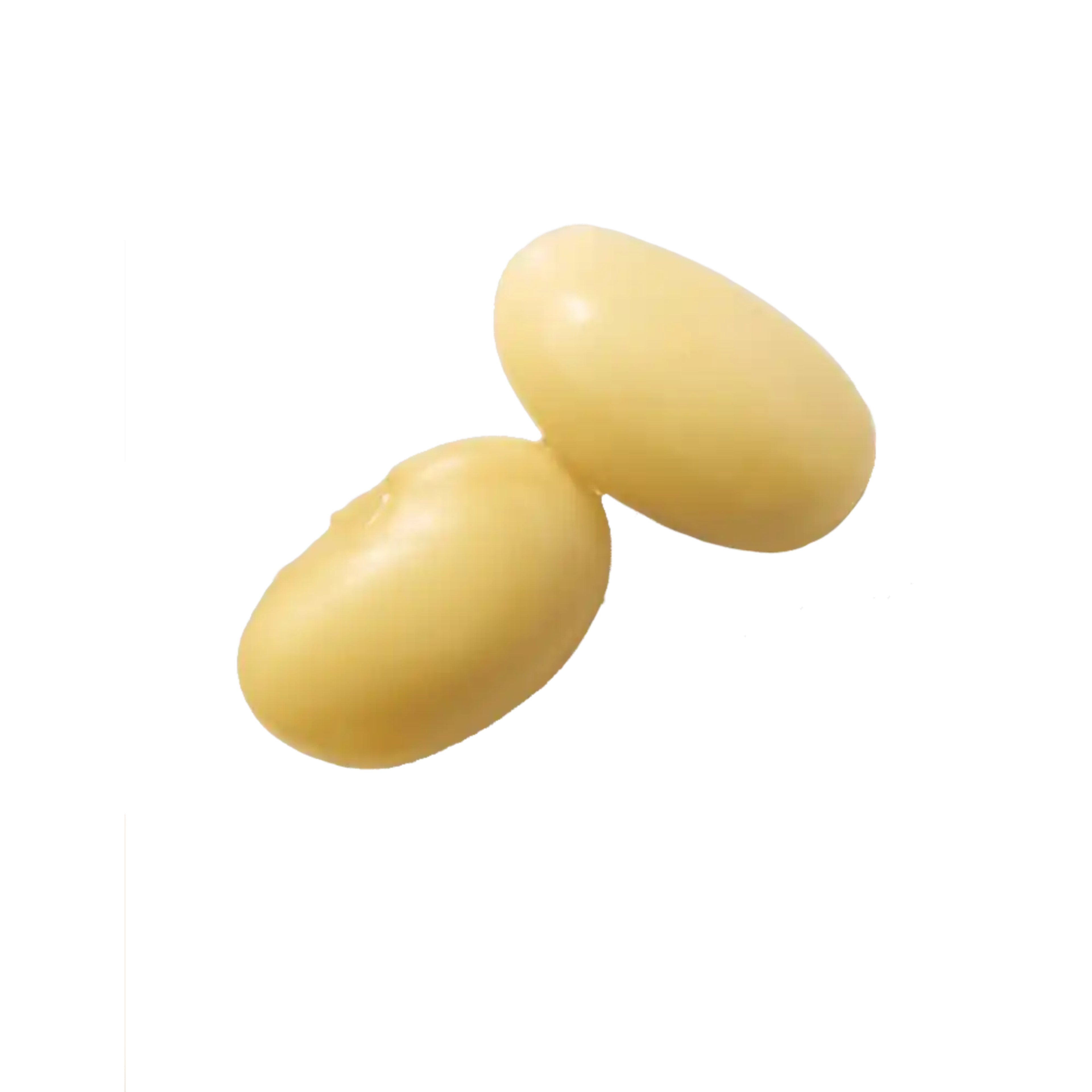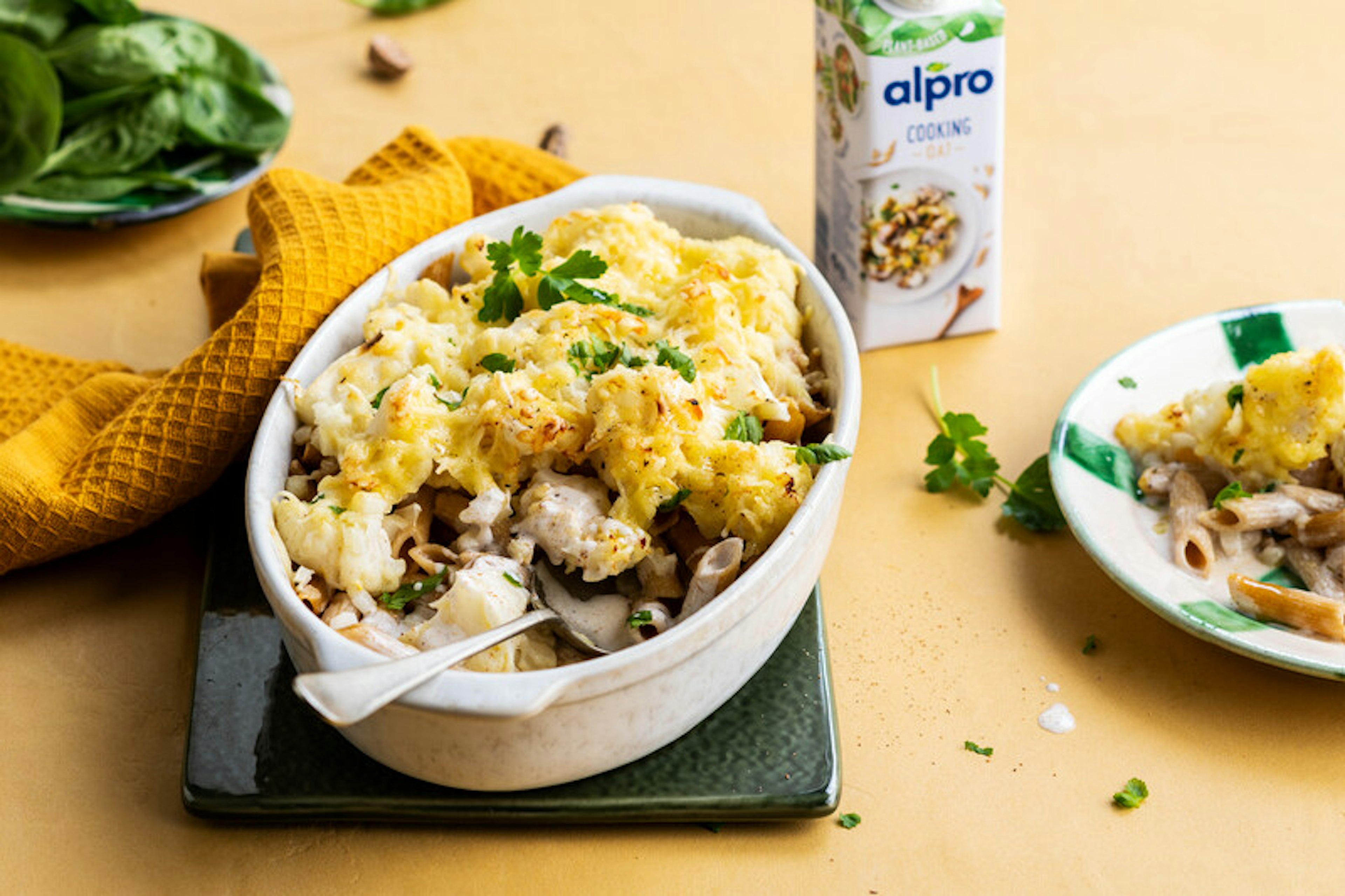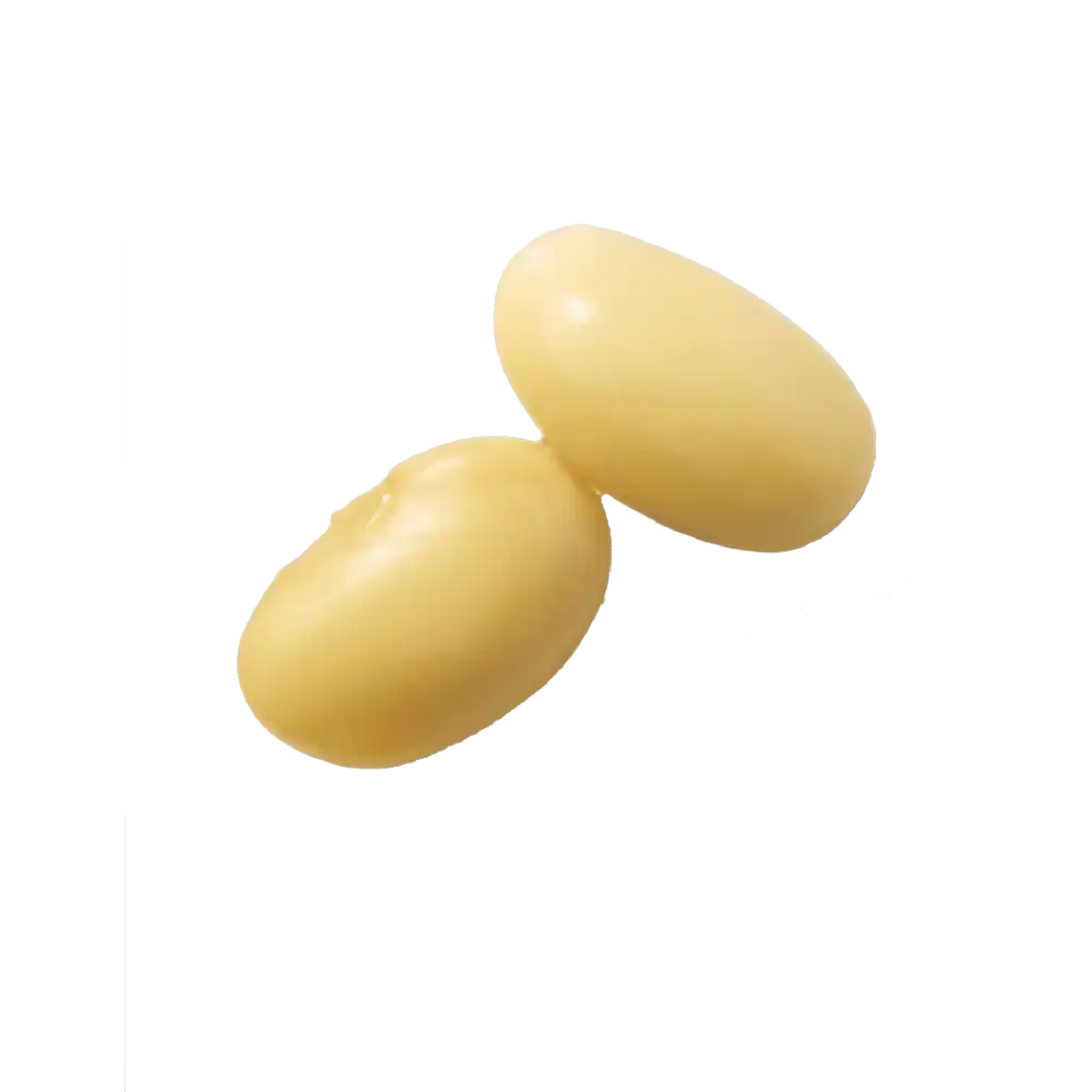Let's talk about soya Soya


GOOD FOOD STARTS WITH GOOD INGREDIENTS
A versatile little bean, soya’s one of our hero ingredients. It’s been a big part of the daily diet in Asia for over 2,000 years now. Little wonder – it’s simply bursting with plant-based goodness.




OUR SOYA ARE PRETTY SPECIALHere’s what You need to know
Plant protein power*
Soya fits right into your healthy balanced diet. High in high quality protein, with all the essential amino acids your body needs, and low in saturated fats, too.
Sustainability. We soya got this!
Most of our soya comes from Europe, the rest from Canada by boat. Never from a rainforest. Plus, it’s all 100% Pro Terra certified planet friendly. Enjoy the soya!
Soya good for the soil!
Soya gathers all the nitrogen it needs from the air, then leaves it behind in the soil for the next crop. That means a lot less fertiliser is needed. Handy, right?

Have you got a question on our Soya products?
Let's take our soya for instance. All our soya beans come from farmers we trust to do things in a way that cares for the planet and for people – that includes you.
Here are a few reasons why we’re so fond of our soya:
Not one of our beans comes from the Amazon or any other rainforest
All our soya is non-GMO
100% of our organic beans and the majority of our conventional beans are grown in Europe (mostly France)
The rest we get from Canada. To lighten our carbon footprint we ship them across the Atlantic by boat. No planes + fewer miles = less CO2!
We also work with farmers to promote good farming practices – like including soya beans in their crop rotation to keep nitrogen in the soil, so that less fertilizer is needed. Plus, all our beans can be tracked from seed to serve. Our system is audited and certified according to the ProTerra standard by the independent organization, Food Chain ID and we know where every bean has been. So enjoy the soya!
Yes! We offer a wide range of plant-based products with various ingredients and we are always eager to try to incorporate new plant-based ingredients. Our almond, hazelnut, coconut, rice and oat drinks are perfectly safe for people with a soy allergy.(local adaptation of what is available in your country)Check out our product page to see the current range of products. Always check the ingredient lists on the package for the most recent and detailed information. Alpro mentions possible allergens on its packages.
Alpro calcium enriched soya products are nutritionally equivalent to dairy products because they contain high quality protein. Alpro is guaranteed lactose and dairy free, and with many of our products containing similar levels of calcium and vitamins to dairy products you can confidently use them in tea, coffee, on cereal and in all your favorite recipes. For some easy, inspiring and tasty treats please have a look at our recipes page.
No. We source our beans directly from farms where soya beans have been grown for many years, mainly France and subject to usual crop rotations. None of these farms are on land that has been reclaimed or deforested. In the past where we did source our beans from Brazil, they were also not from rainforest or deforested areas and were in line with a strict code of conduct set out in the Basel criteria, which ensures beans are cultivated with respect for the environment, people and responsible use of raw materials and agricultural products. We only buy from farmers that we have direct contact with and never on the open market to ensure a full traceability system from the harvesting of the bean through to the final finished product.
Yes, the soya protein that is present in the Alpro soya products contains all the essential amino acids – the building blocks of protein – in the right amounts in comparison to animal protein. These essential amino acids cannot be made by the body and must be obtained by eating protein in a healthy diet. All of our soya products (drinks, desserts and plant-based alternatives to yogurt) are a perfect source of protein to reaching the daily-recommended intake. Soya beans naturally contain high levels of protein.










